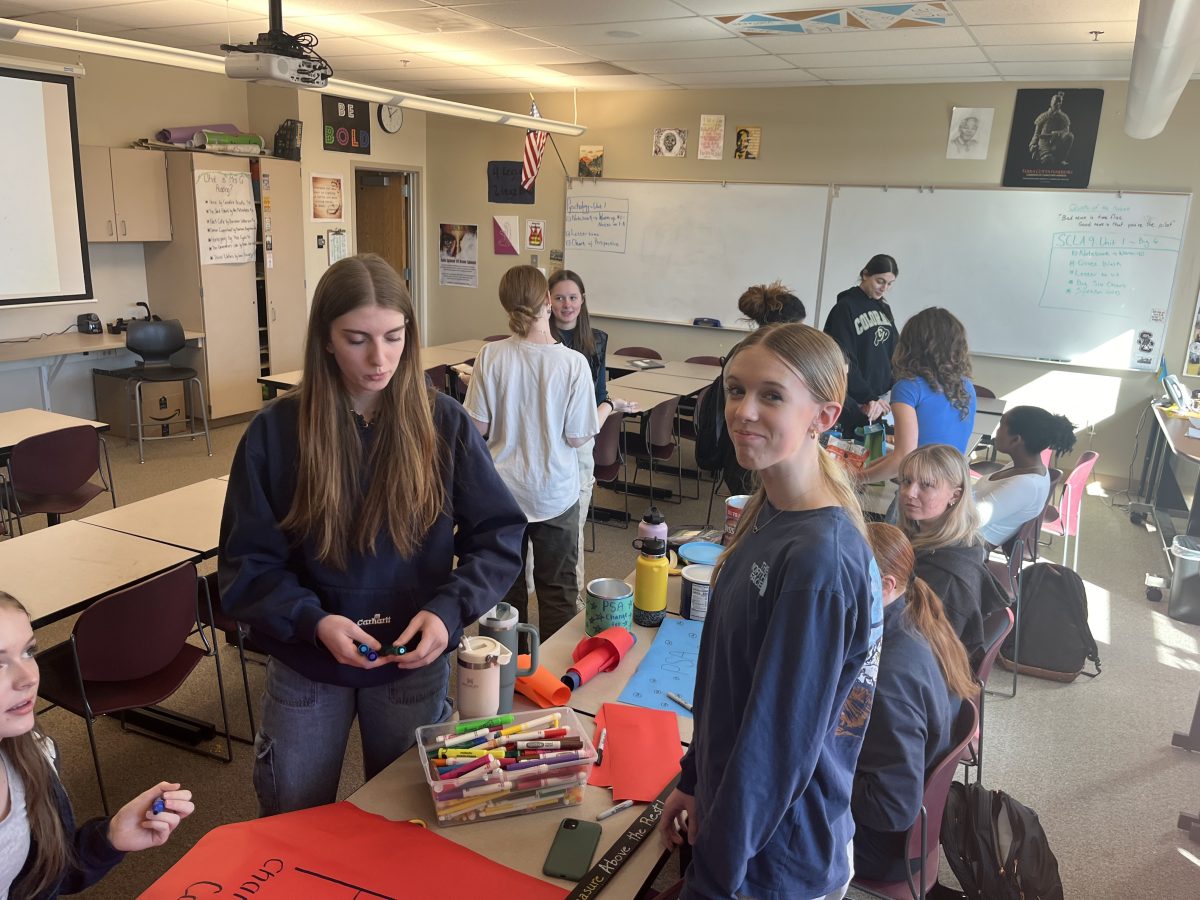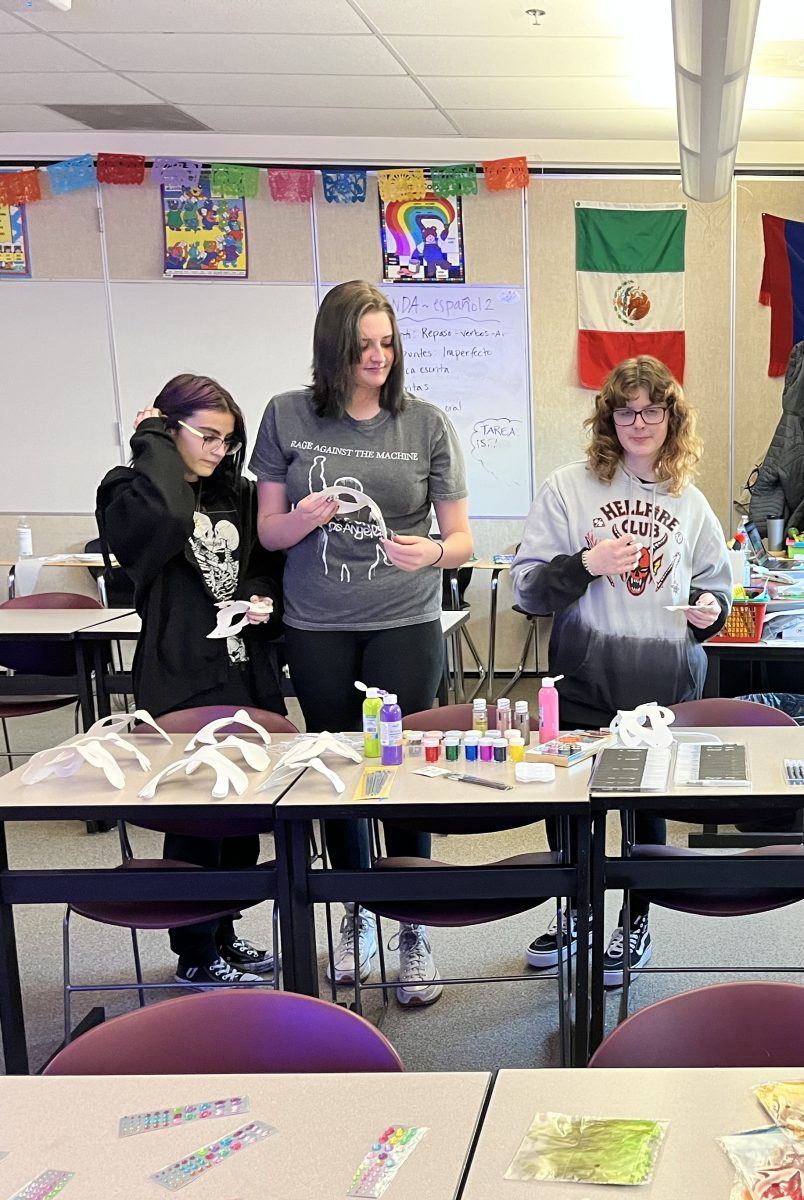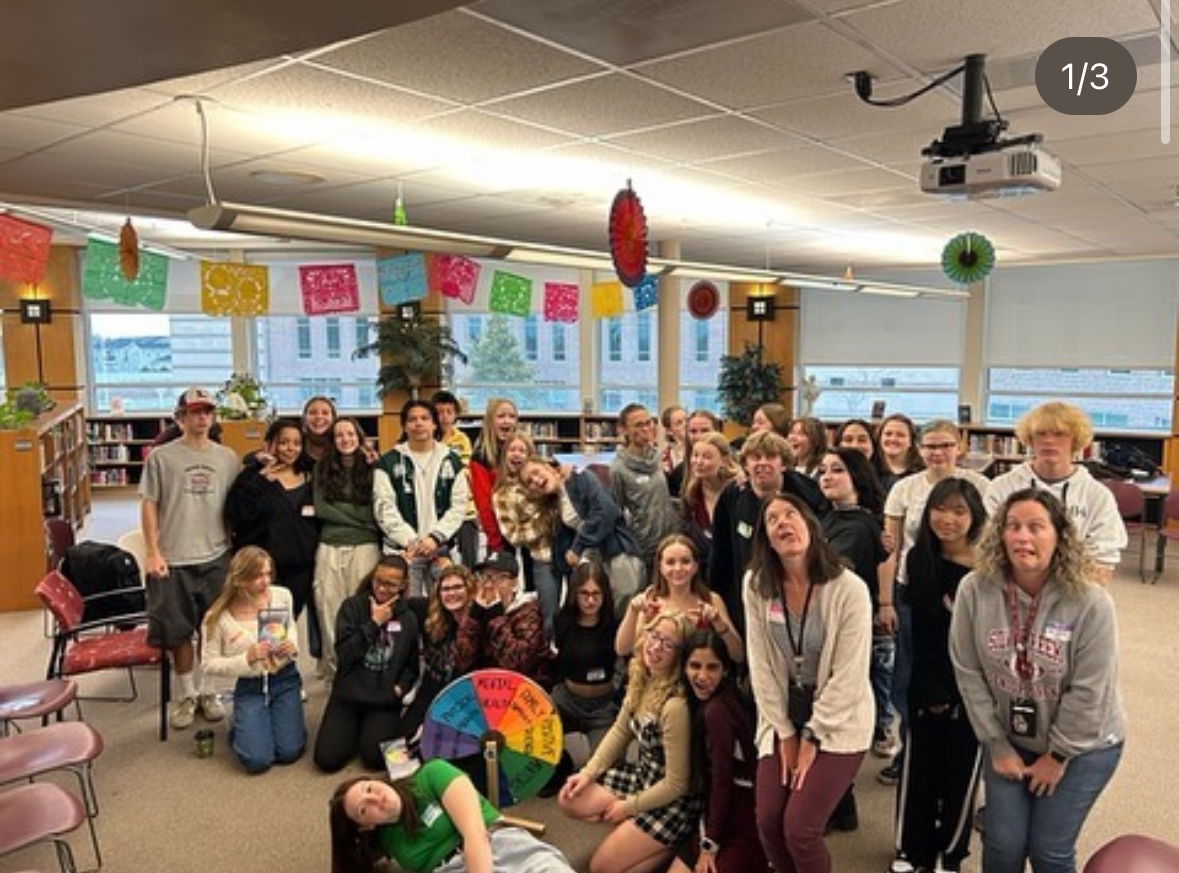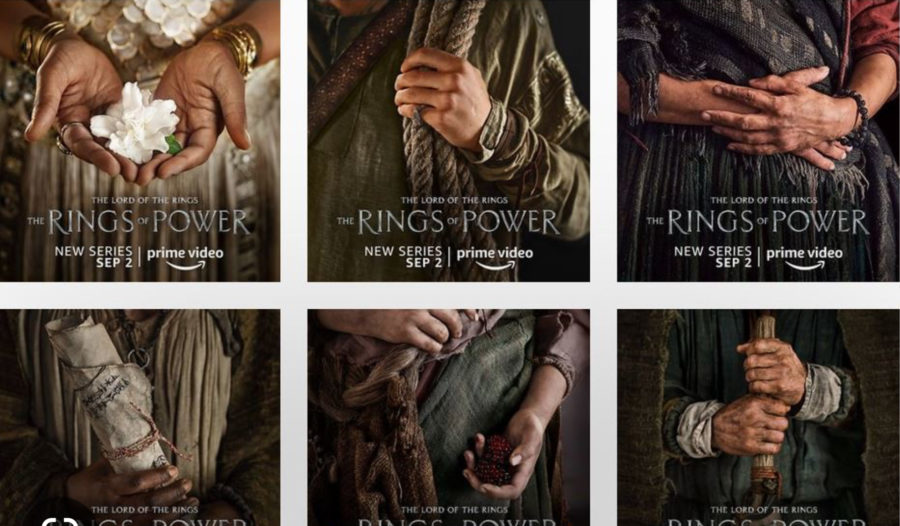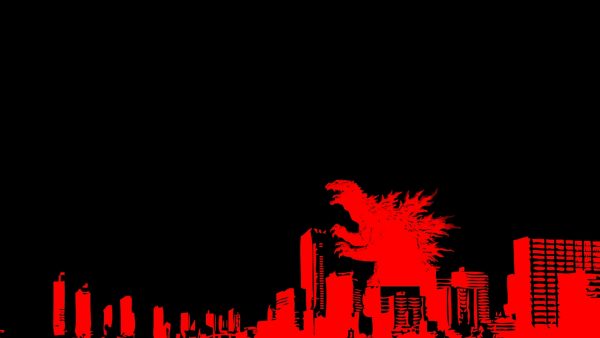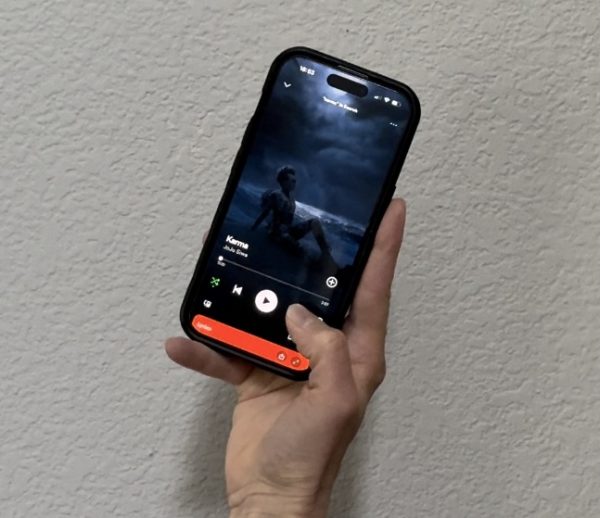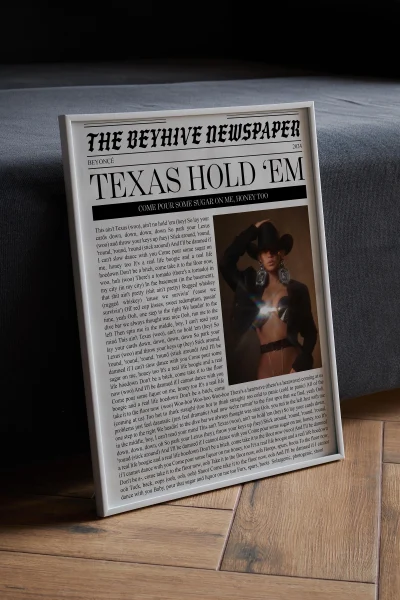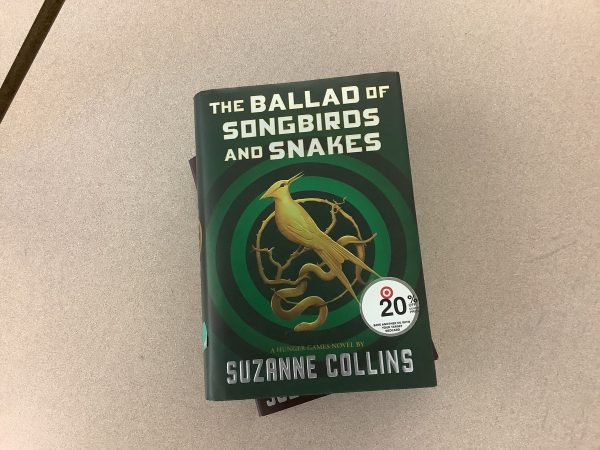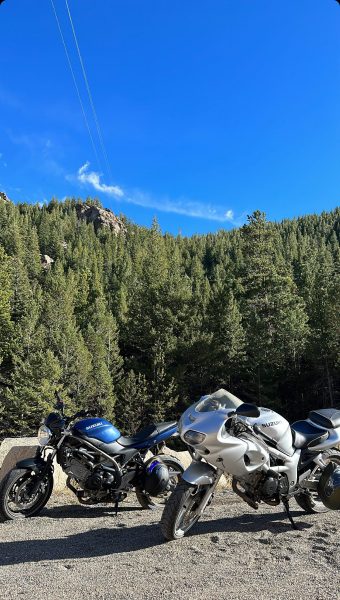‘The Rings of Power’ Review: “You’ll have to toss me”
Photo courtesy of Flickr Commons
Advertisements showcase multiple different characters promising a diverse adventure.
‘Lord of the Rings: the Rings of Power’ – Directed by J.A. Bayona – Action; Adventure; Drama; Fantasy – TV-14 – 8 episode series – Amazon Prime
‘The Rings of Power’ is an unfortunate prequel to a legendary classic.
It’s been half a year since the Amazon series ‘Lord of the Rings: the Rings of Power’ (ROP) released on September 2nd last year, now for an overdue review. The series returns the viewer back to J.R.R. Tolkien’s fantastical world of elves, dwarves, hobbits, and orcs. This time exploring the second age (before the 3rd in which The Hobbit and The Lord of the Rings are set) and even briefly see lands beyond Middle Earth (the setting of the The Hobbit and The Lord of the Rings), lands like Valinor and Númenor.
The series explores a character named Galadriel (Morfydd Clark), a younger version of the wise and haunting elf woman that appeared in ‘The Fellowship of the Ring’ who is dead set on finding the Dark Lord Sauron to avenge her brother. Her future son in law, Elrond (Robert Aramayo) who’s character also appeared in Lord of the Rings, must confront his longtime dwarven friend, Durin, when elf lord Celebrimbor requires a dwarven workforce and craftsmanship.
On another side of the world are the Harfoots, a sort of proto-Hobbit. Chiefly Nori (Markella Kavenagh), a curious fellow who discovers a tall stranger fallen from the sky. The Harfoot’s rigid ways are infringed upon when Nori tries to befriend the tall stranger (Daniel Weyman) who does not know how to speak and who’s magical nature attracts unwanted attention. In the southlands, an elven watchman, Arondir (Ismael Cruz Córdova) keeps the peace in a land whose people once fought for Morgoth (the main dark lord of Tolkien mythos). He develops a star crossed relationship with one of these descendants: Bronwyn (Nazanin Boniadi). Together, and with her son, Theo (Tyroe Muhafidin), they must fight an army of orcs led by a mysterious leader.
Tolkien’s works are beloved by many, as are Peter Jackson’s movies, so how did the ‘Rings of Power’ creators plan to live up to them? According to a Filmfare.com interview with J.D. Payne, a Rings of Power showrunner and executive producer:
“We know that it means so much to so many different people so we felt that if we could capture that special spirit and that special feeling that people feel when they read the books when they watch the films and go to Middle-earth,” Payne says. “That’s what we really wanted to accomplish.”
Tolkien’s world is a deeply immersive fantasy. After all, one of his primary reasons for creating it was to provide a mythology for Britain, as Scandinavia has Norse, and the Mediterranean has its Greek and Roman. Tolkien created lands, peoples, and to showcase these: stories. This is what the creators needed to represent.
The lands were easy, with the largest budget in TV show history: $58 million per episode, according to collider.com. This gave the show stunning scenes of New Zealand and endless visual effects. Despite this, several other elements are lacking.
First of all are the peoples. Tolkien’s world was filled with numerous cultures and races, each complex and beautiful. The elves with their appearance fits into their elegance and connection to nature, though they are a proud folk. The dwarves, their universal beards and love for crafting, often tinted with greed. The Hobbits, a peaceful and homey folk, with their second breakfast and comfortable holes in the ground. There are also so many different cultures of the men, from the noble horse riding Rohirrim, to the strong and proud men of Gondor.
This is all a part of the magic of Tolkien’s books and Peter Jackson’s ‘The Lord of the Rings’ movies, yet it seems to be missing from ‘The Rings of Power’. The elf men lose their characteristic long hair, and the dwarf women lose their famous beards.
For a show praised for being progressive, it seems to be more polarizing of genders than books published in the 50’s. The creators have responded to these arguments saying that elves wouldn’t have the same hairstyles hundreds of years earlier and the most prominent dwarf woman: Princess Disa technically does have facial hair (even though it is almost nonexistent). Either way these are still prominent features in Tolkien’s world and seem to break immersion.
Then there is the cultural element of the peoples. This is another element that seems to be missing. Besides the dwarves, many of these peoples lack their cultural quirks. The elves replace organic, half open dwellings within sprawling cities. Despite being on other sides of the map, the two main human cultures in the ‘ROP’ are both largely bland with their only quirks being their racism towards elves. Furthermore, the Harfoots, a somewhat primitive form of Hobbits, not only lose the fun traits of Hobbits, but any internal consistency. These Harfoots spend their time hiding from taller folk and traveling, this brings about their motto: “Nobody goes off the trail and nobody walks alone.” Which is directly contradicted when Nori’s father is injured and if he can’t keep up, he will be left behind.
The final element is the story. This is immediately hard to pull off since Amazon does not have the rights to the Silmarillion, which holds all the main stories of the second age. Instead, Amazon relies on the appendices of ‘The Lord of the Rings’ and ‘The Hobbit’ which it does have the rights to. The story isn’t helped by the numerous changes the creators made to the source material they did have, and the fact that they frequently contradicted their own decision. As in Sauron’s reveal, where the creators specifically changed how he was introduced so that the reveal would not be spoiled for the book readers, however, in a podcast interview the creators said they did not care for the reveal, and that knowing who it was all along was a good way to watch the show.
This is not to mention the various character failures throughout the show. Galadriel, one of the most important characters, is utterly different from her character in The ‘Lord of the Rings’ and is throughout the series, unlikeable. When she goes to Númenor, she disrespects everyone there and still convinces them to raise an army for her, and viewers are supposed to see her as wise when it is simply luck that her theory about Sauron turns out to be correct. A lot of conflict in the Harfoots arc comes from the stranger being a disturbance because his magic hurts others, when, in reality, it is simply the Harfoots’, especially Nori’s interference in his magic that brings them harm.
‘The Lord of the Rings: the Rings of Power’ ultimately failed to showcase some of the most important aspects of Tolkien’s world: his peoples and stories. It is for this that the show feels bland. The series doesn’t hold that magic that Tolkien’s works do, and even as a story itself, its characters are underdeveloped and its world is dry.
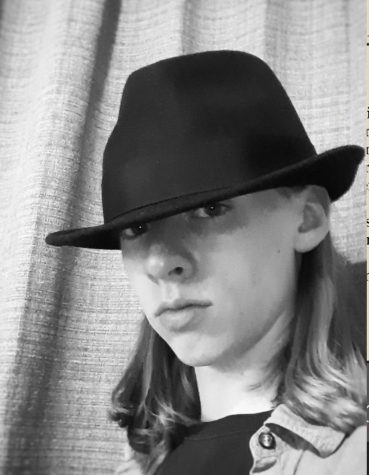
Jared Dettlebach is in ninth grade holding a passion for writing and literature. He is taking Journalism to im -prove his writing and develop journalistic...
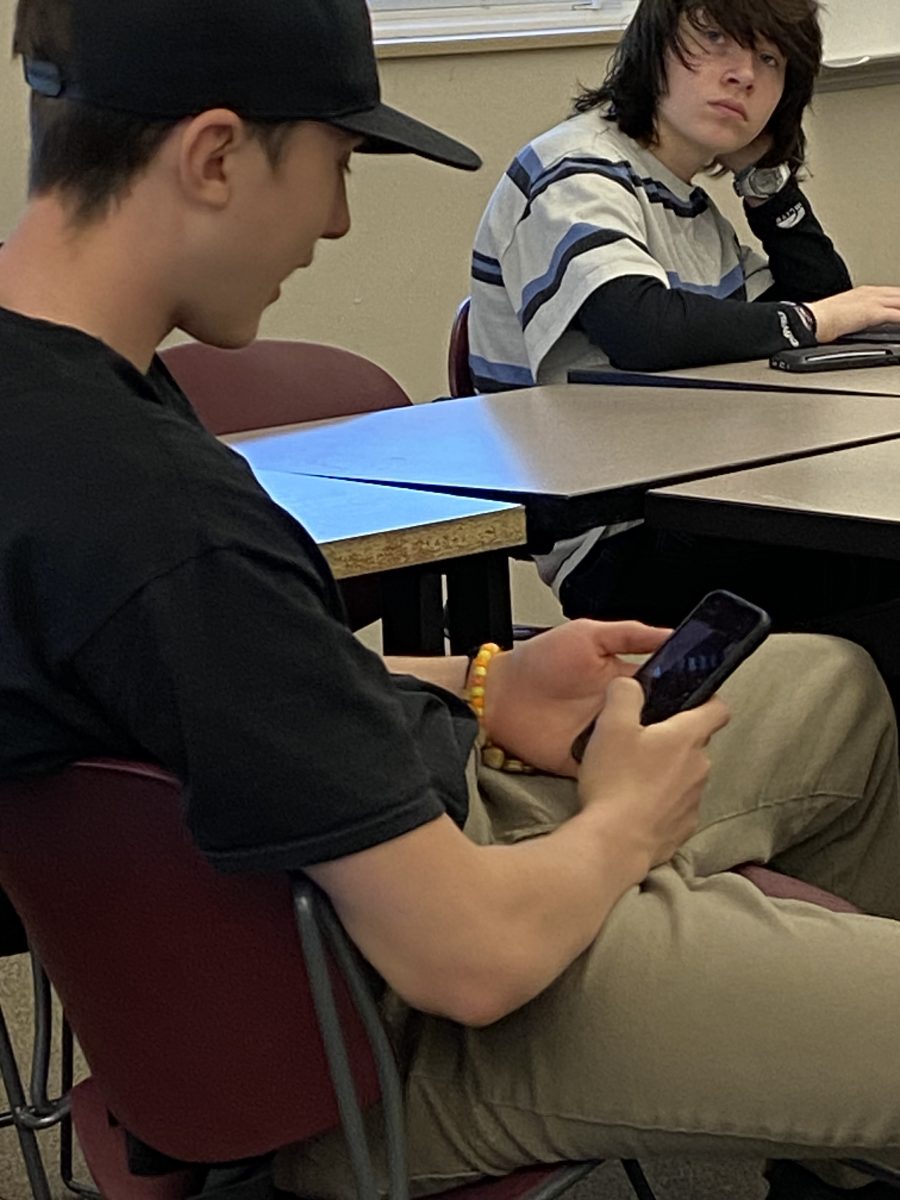

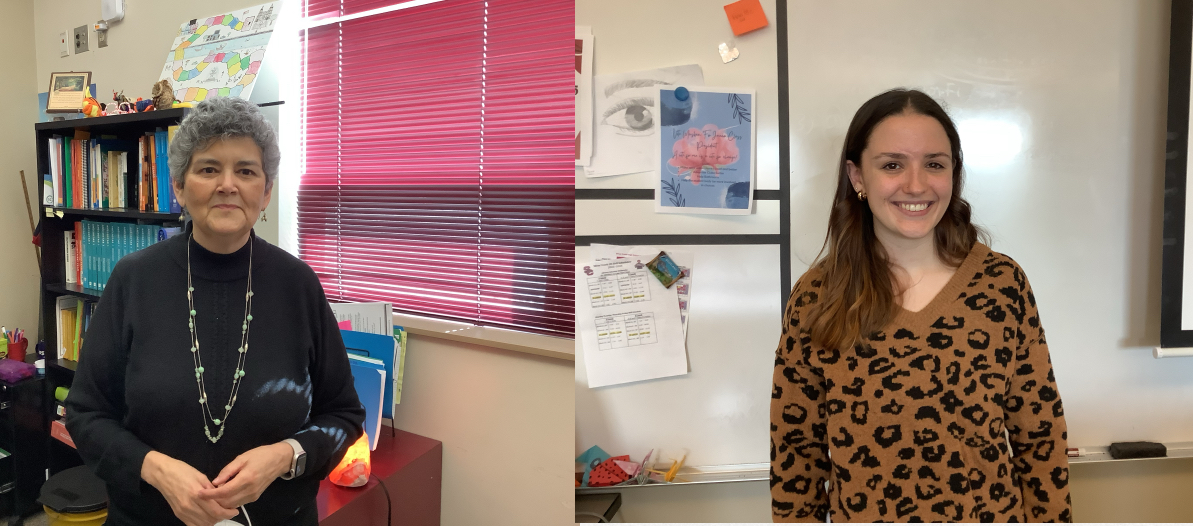





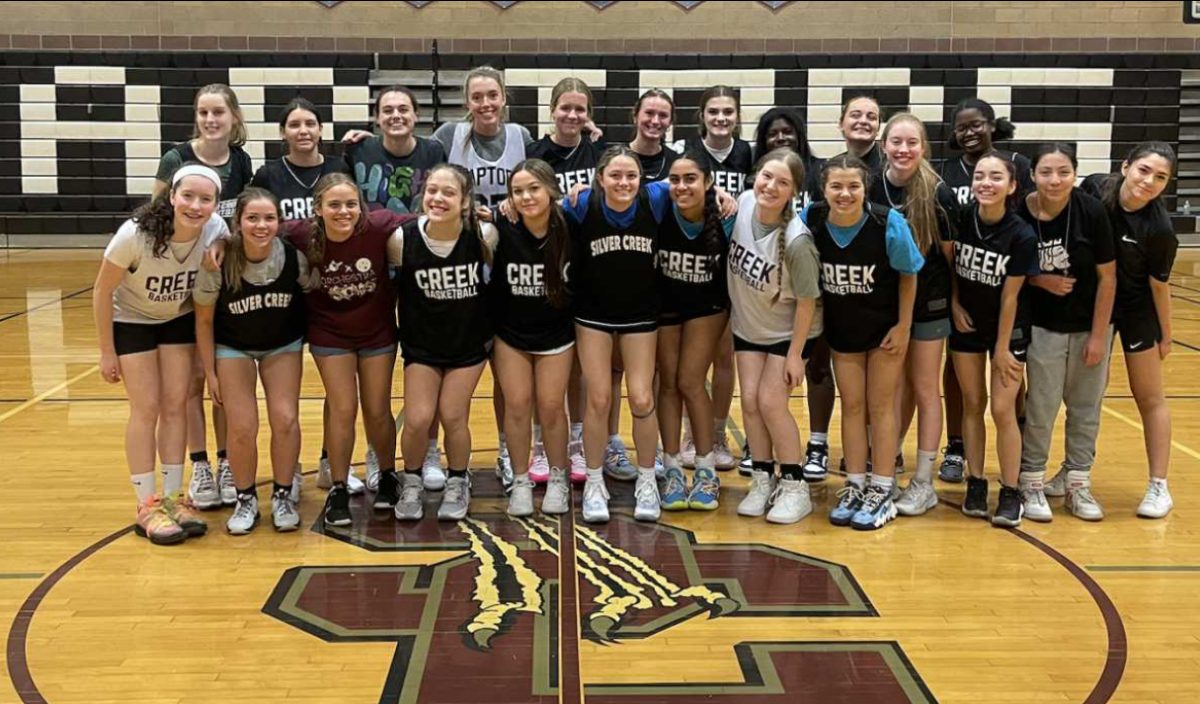

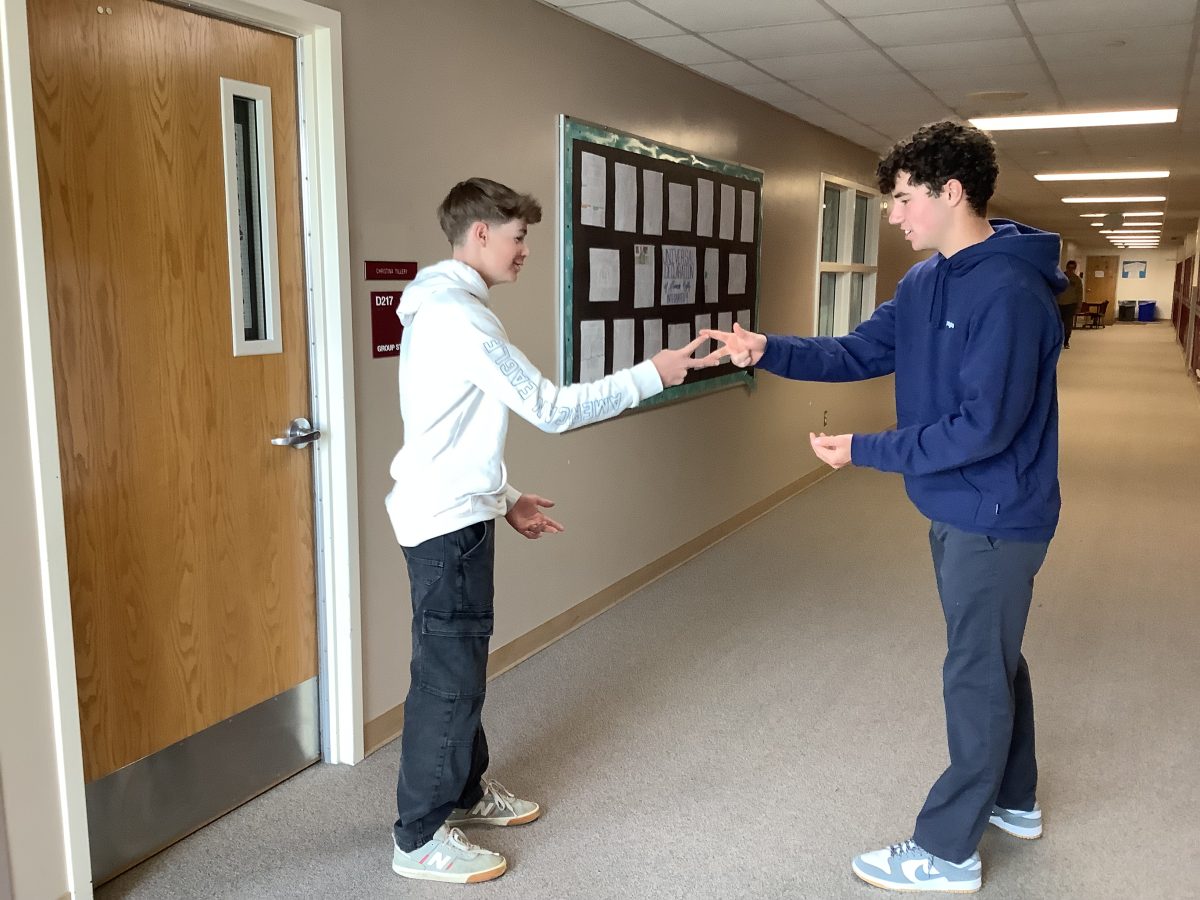
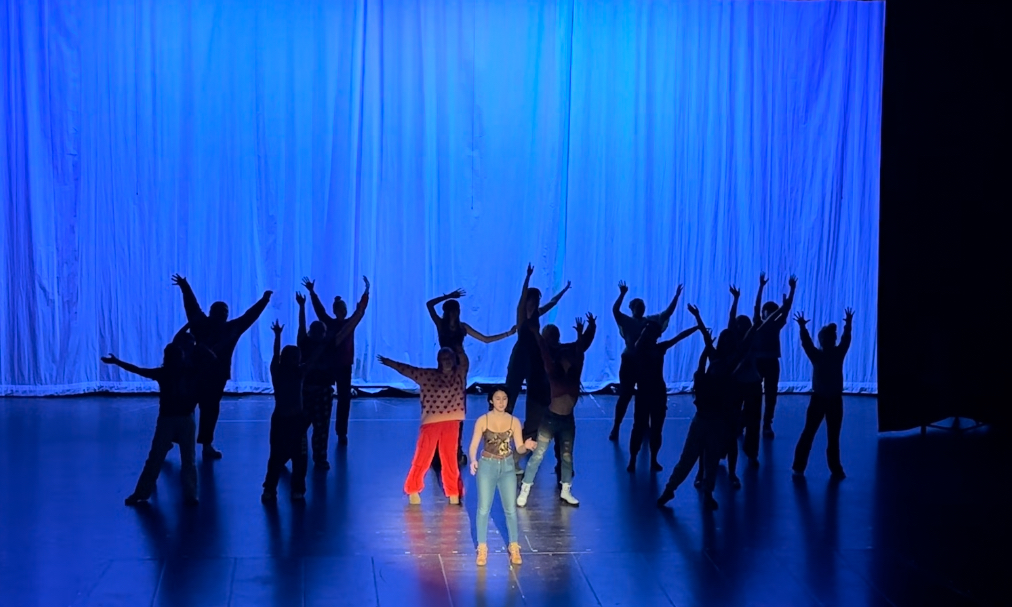

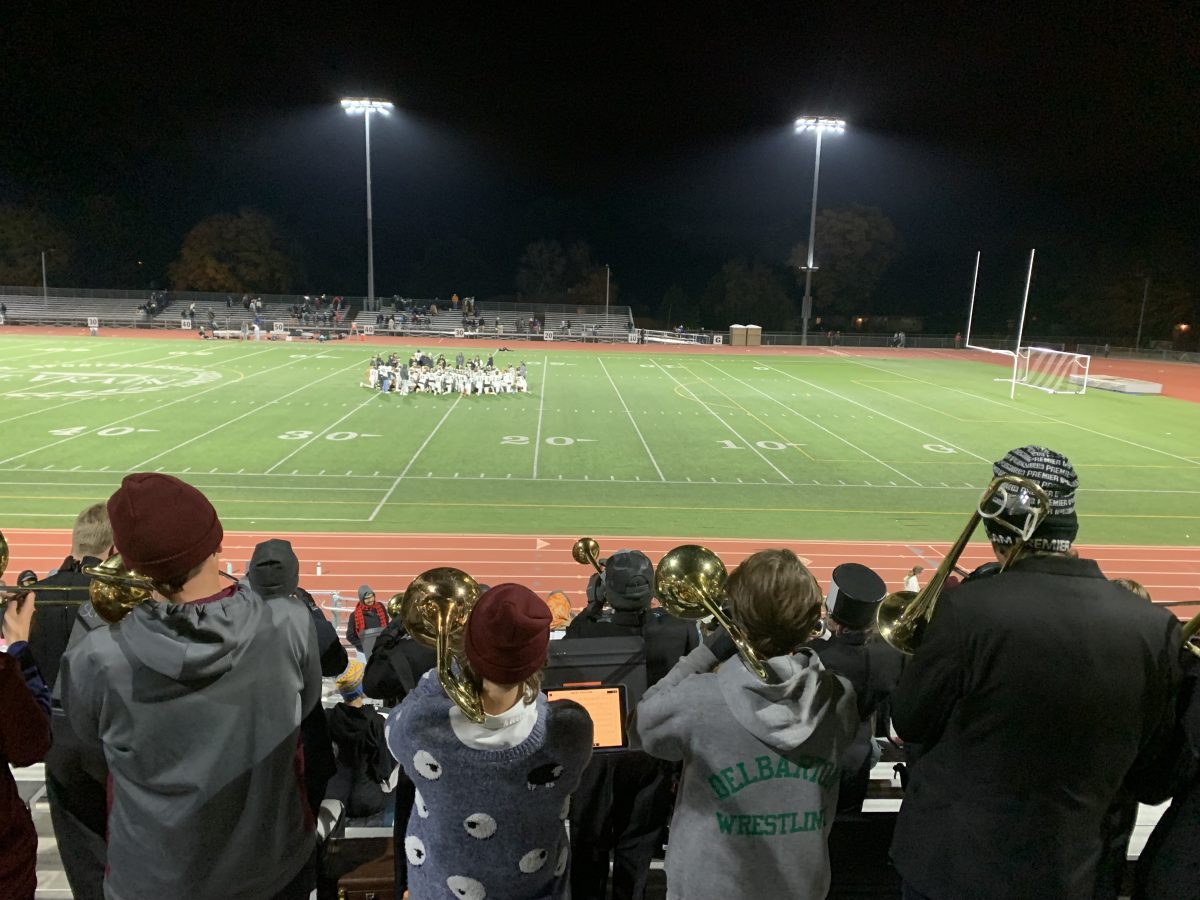
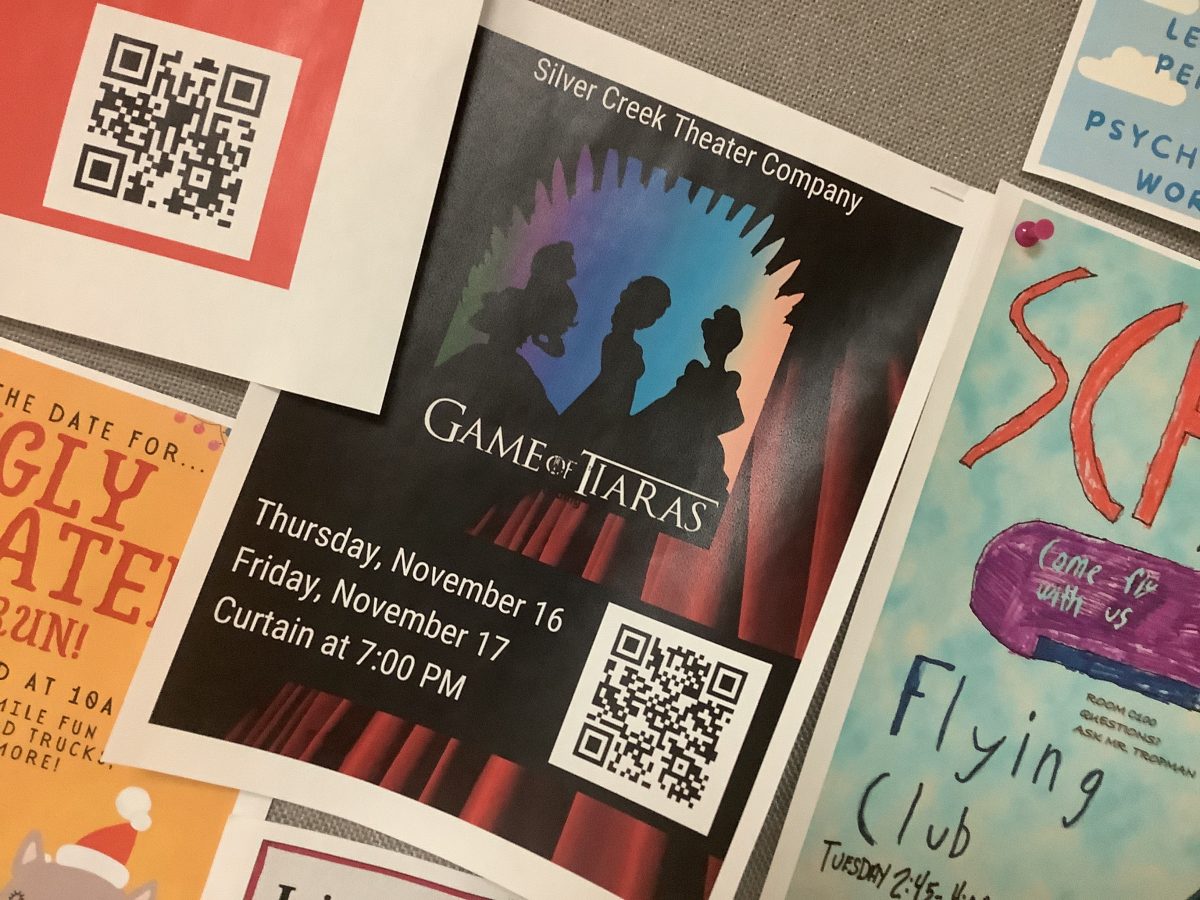


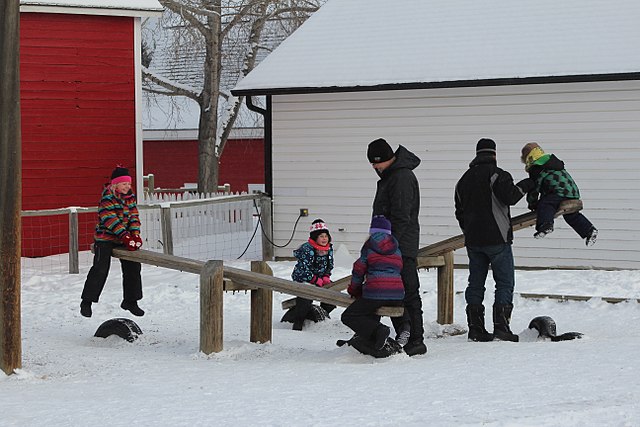
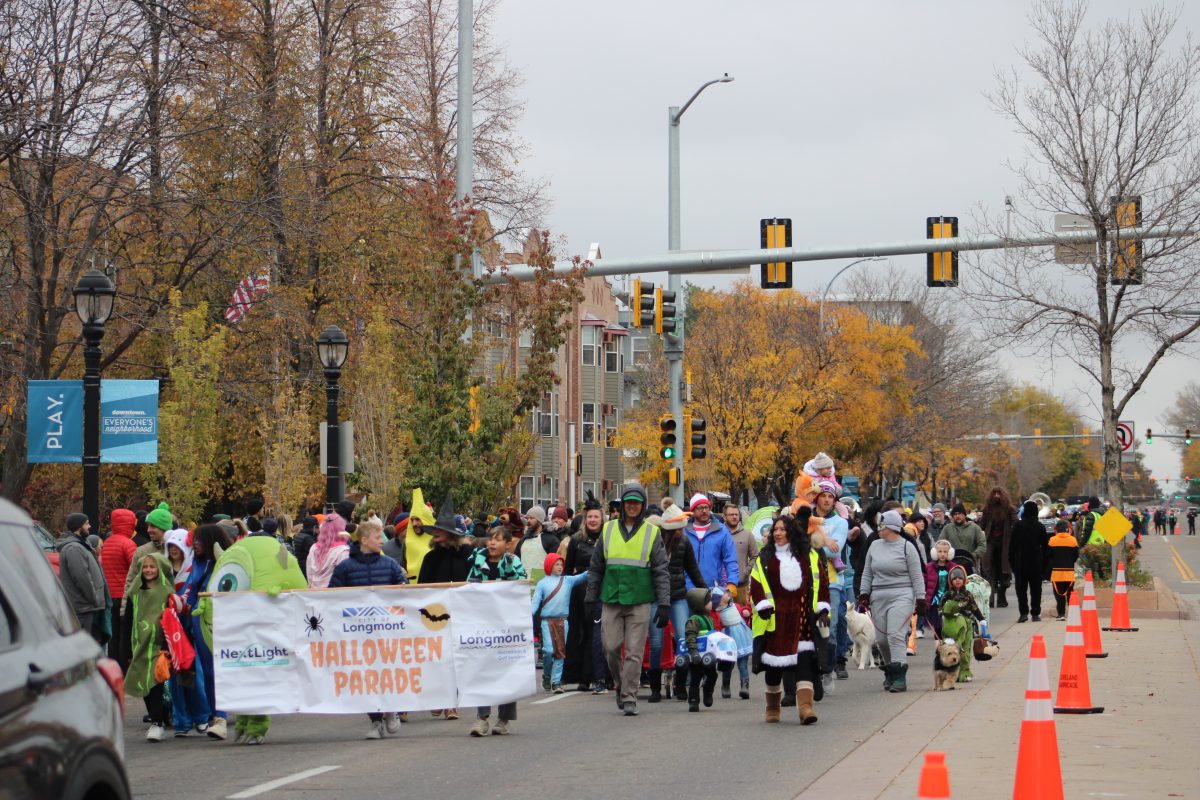
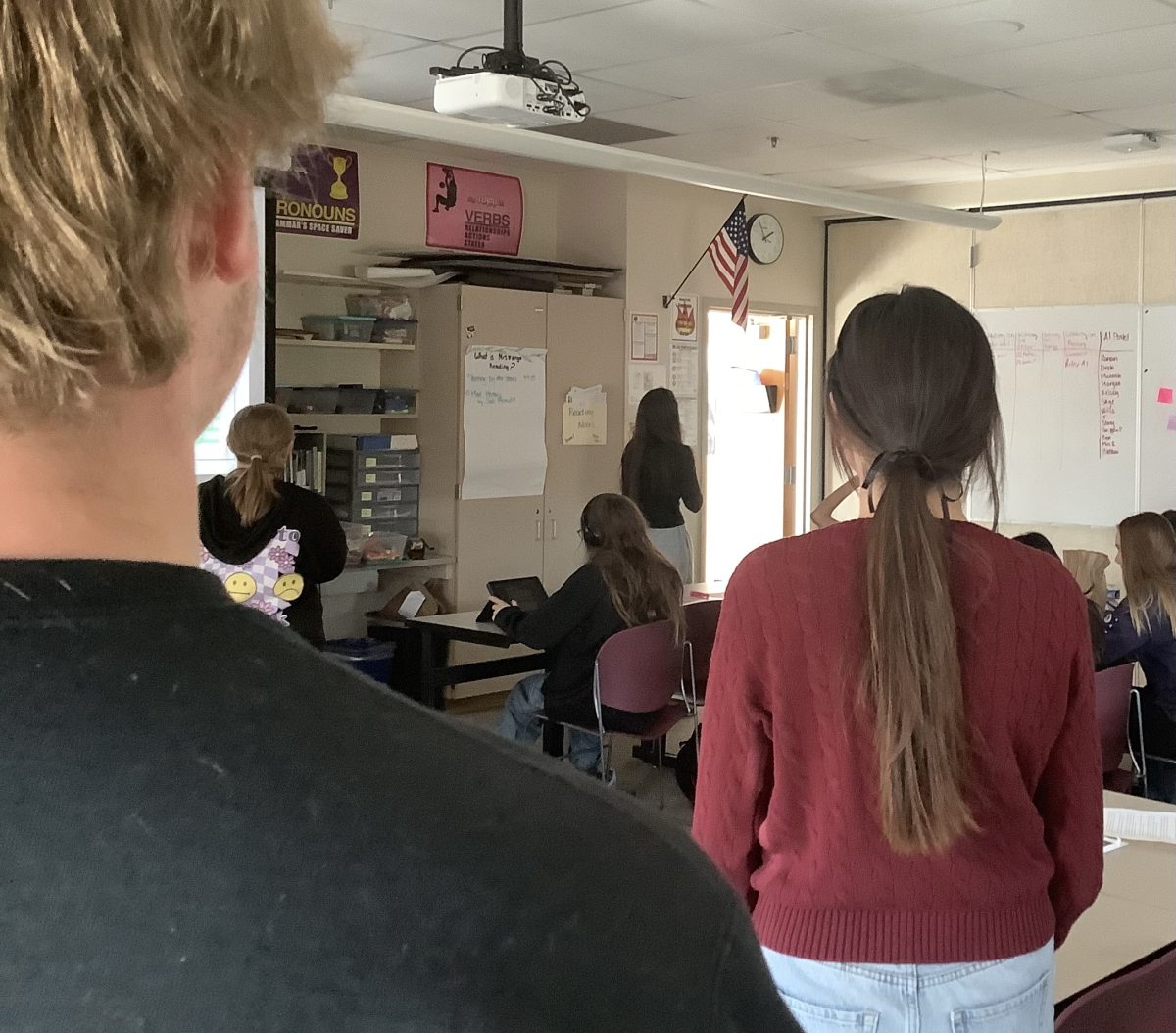



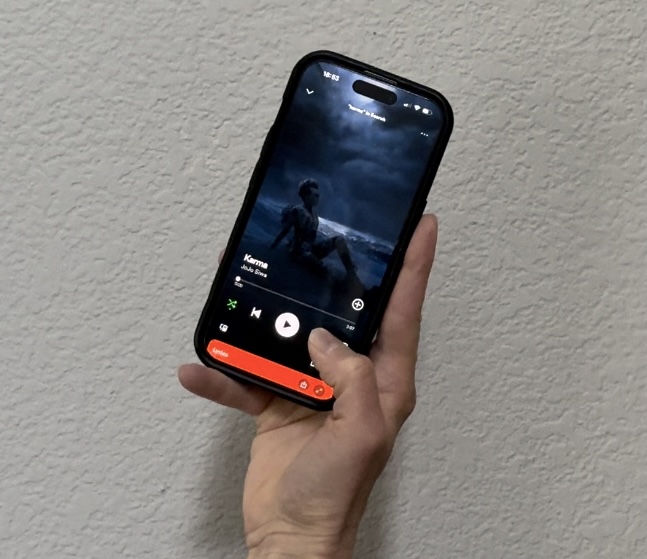

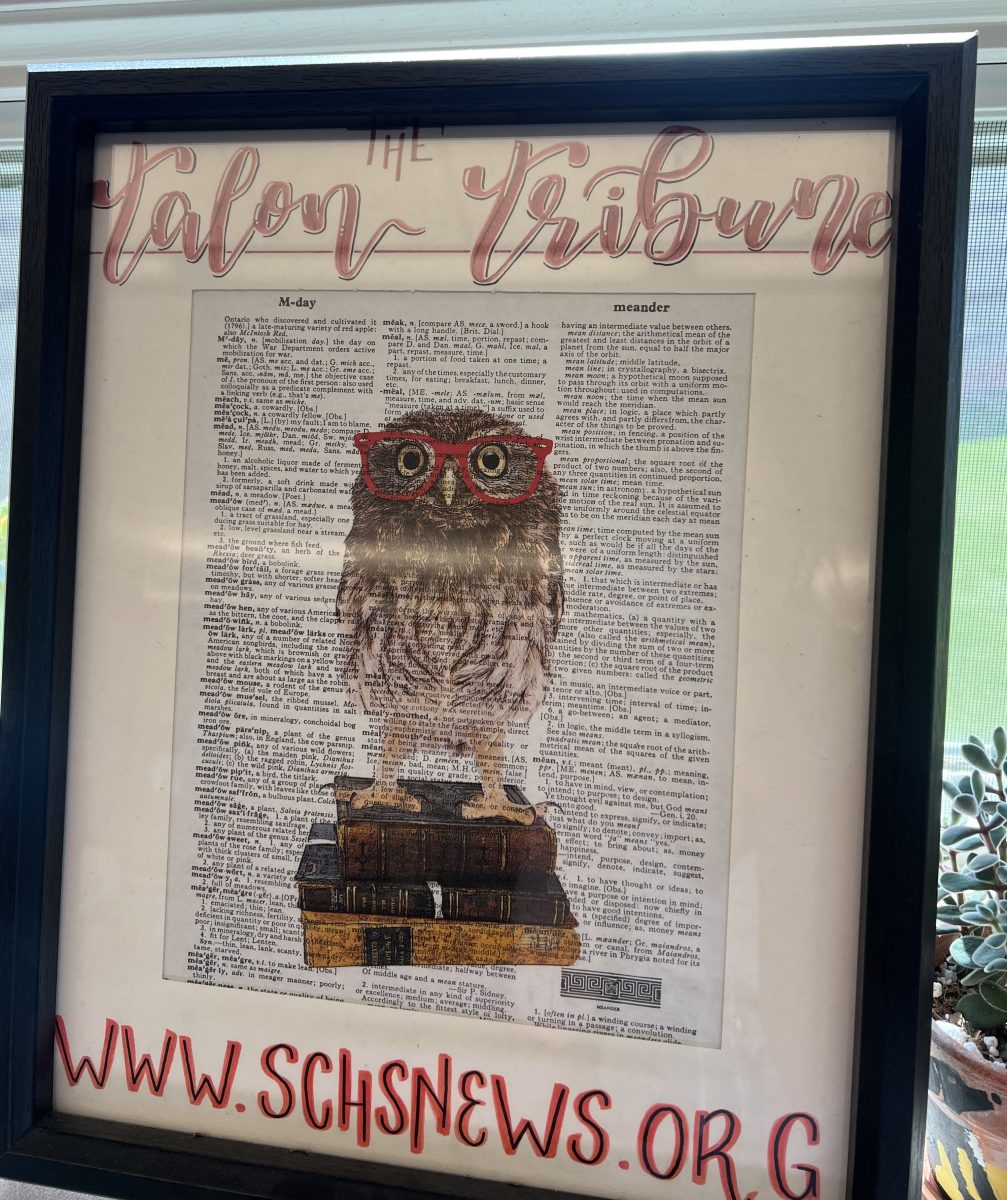
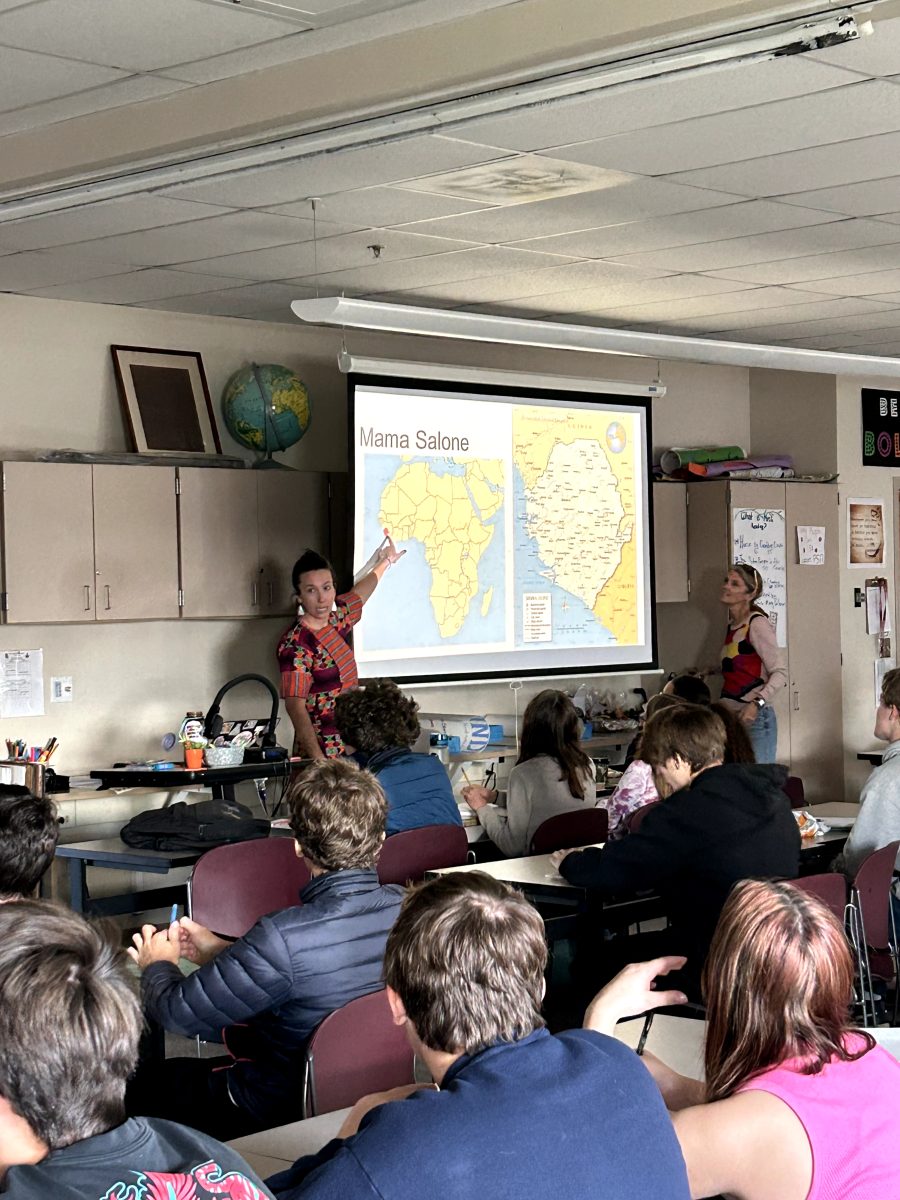


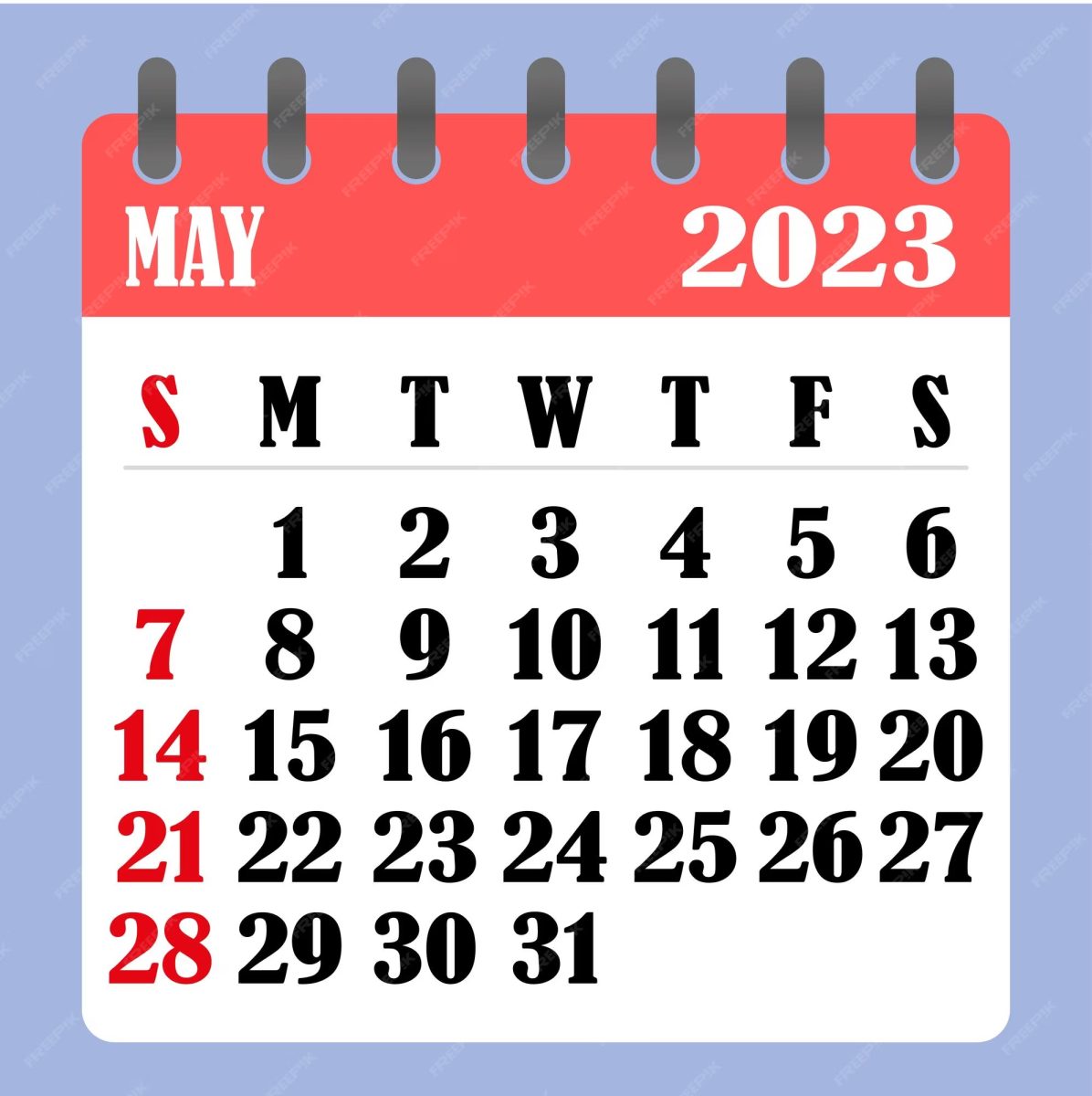
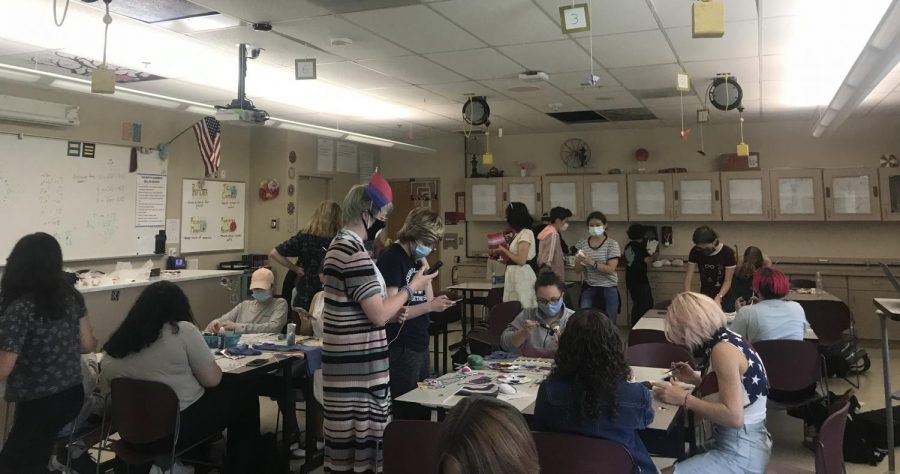
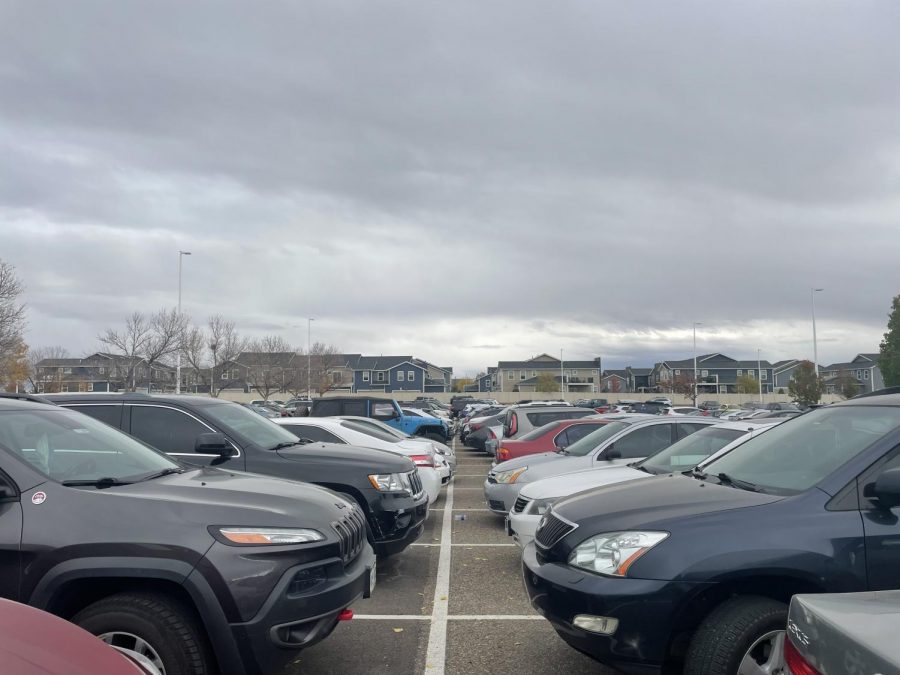
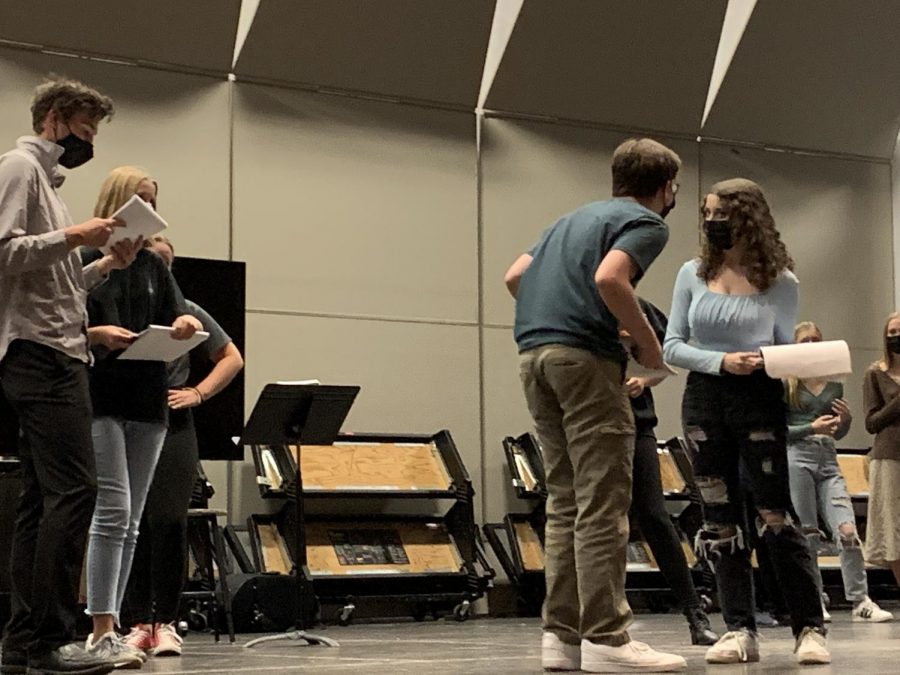
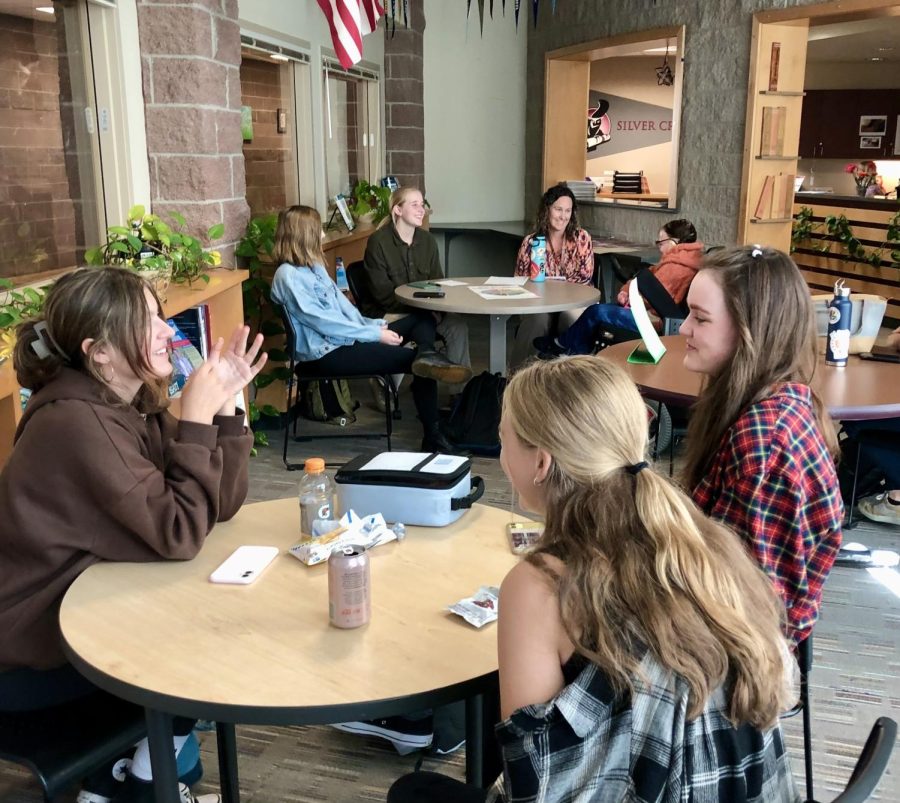

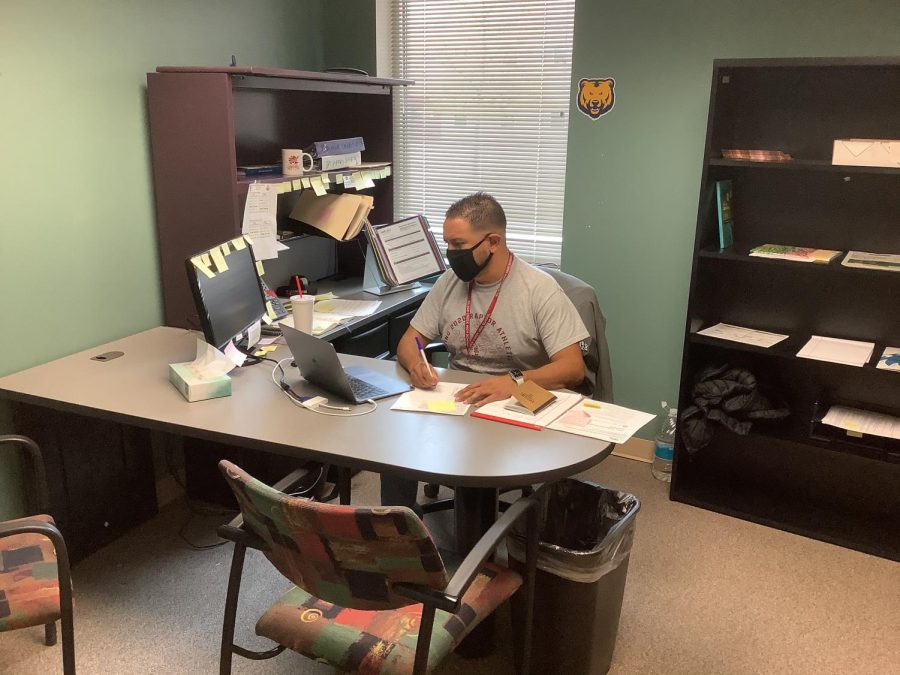

![Hosting the SCLA Casptone Mentor Dinner outside allowed for more attendees on September 27, 2021 at Silver Creek. This event would’ve usually been held inside. According to Lauren Kohn, a SCLA 12 teacher, “If we have a higher number of people, as long as we can host the event outside, then that seems to be keeping every[one] safe”.](https://schsnews.org/wp-content/uploads/2021/11/sxMAIGbSYGodZkqmrvTi5YWcJ1ssWA08ApkeMLpp-900x675.jpeg)
